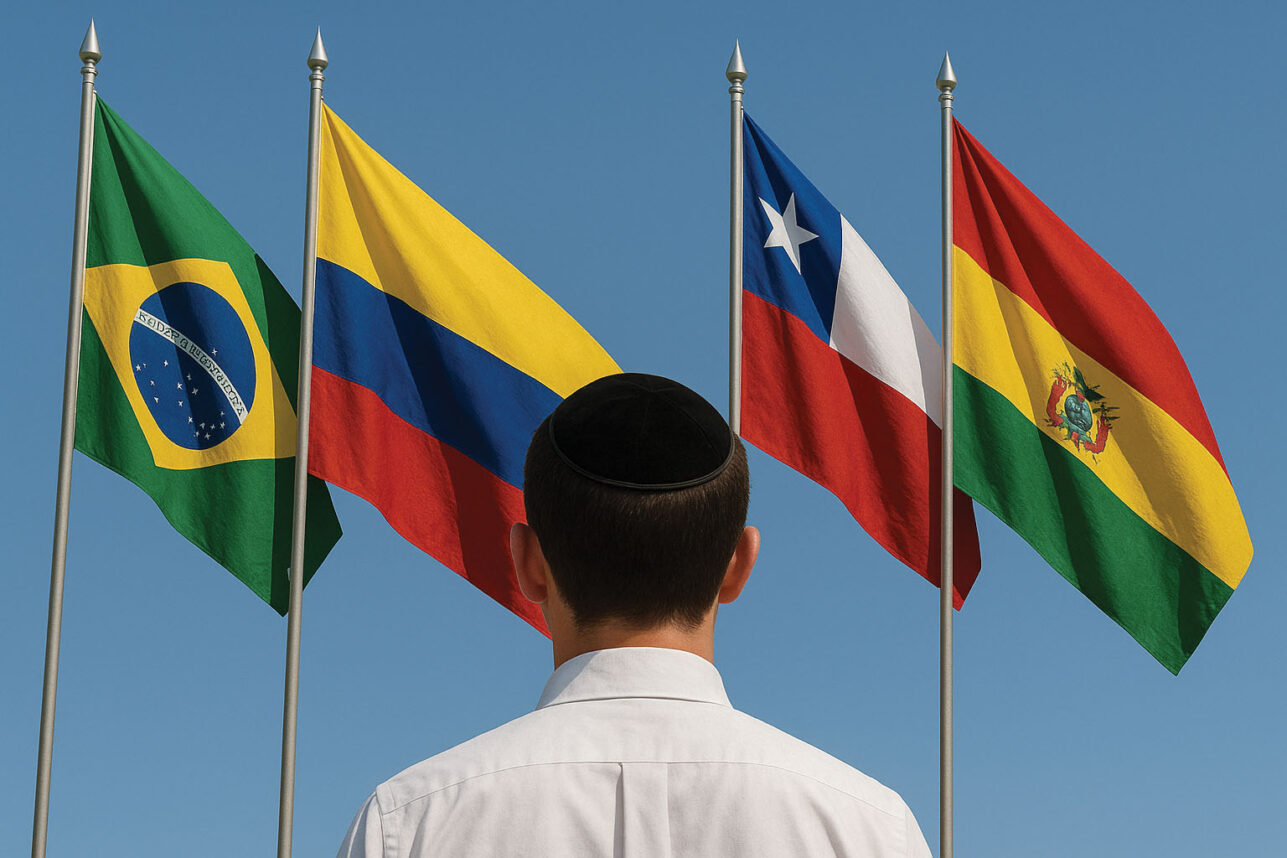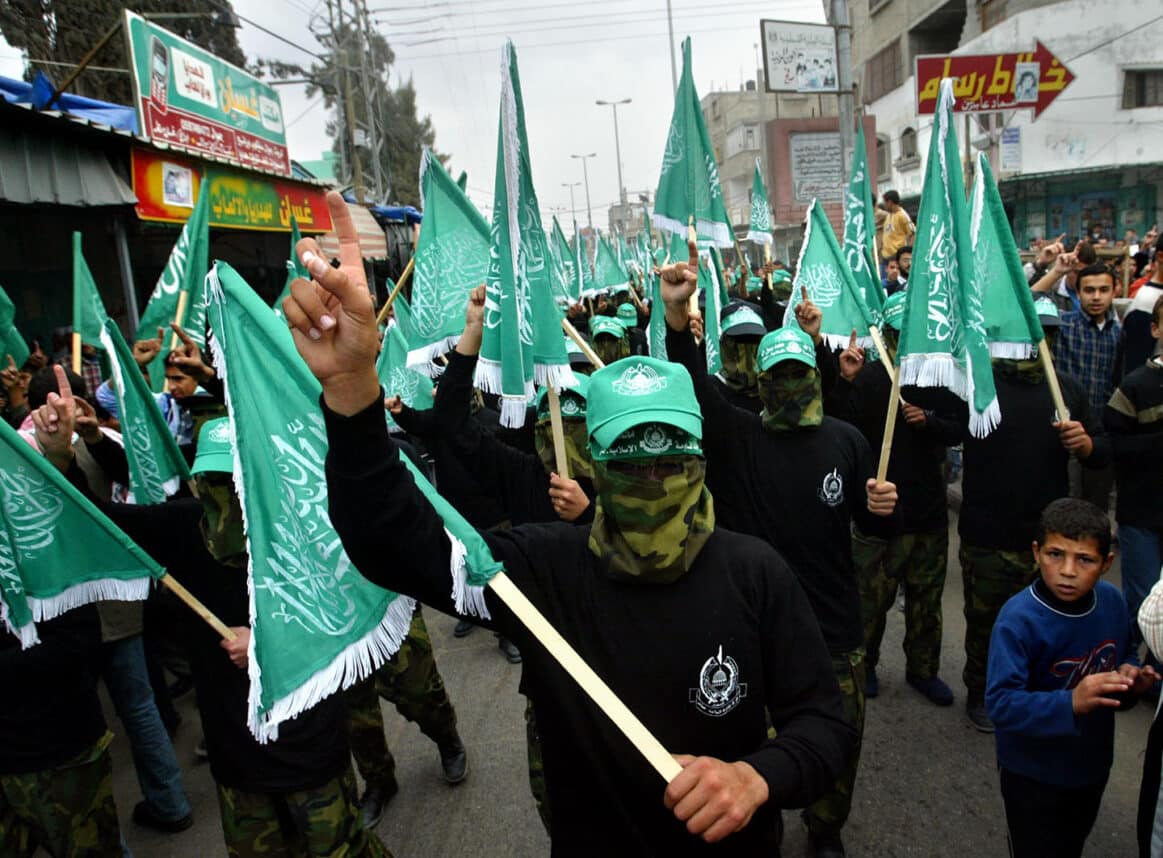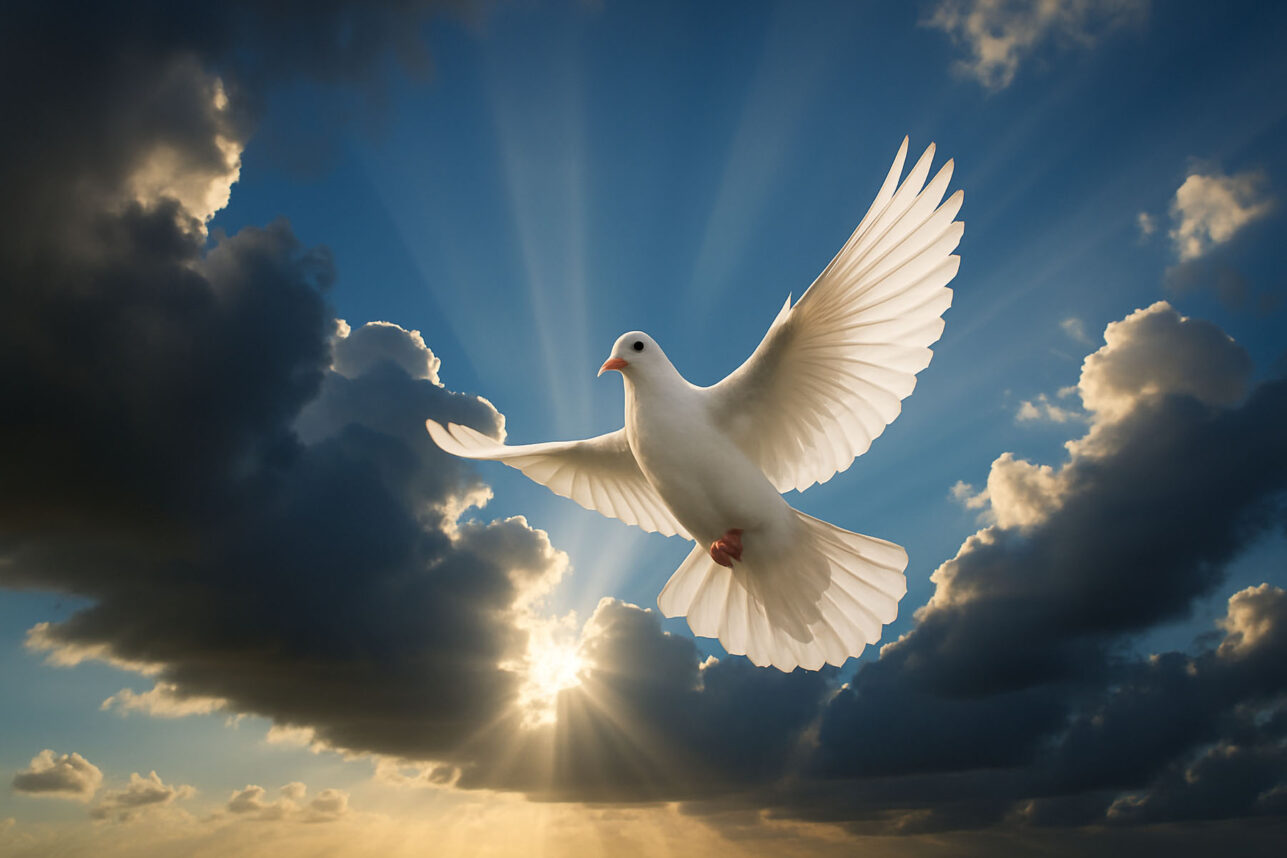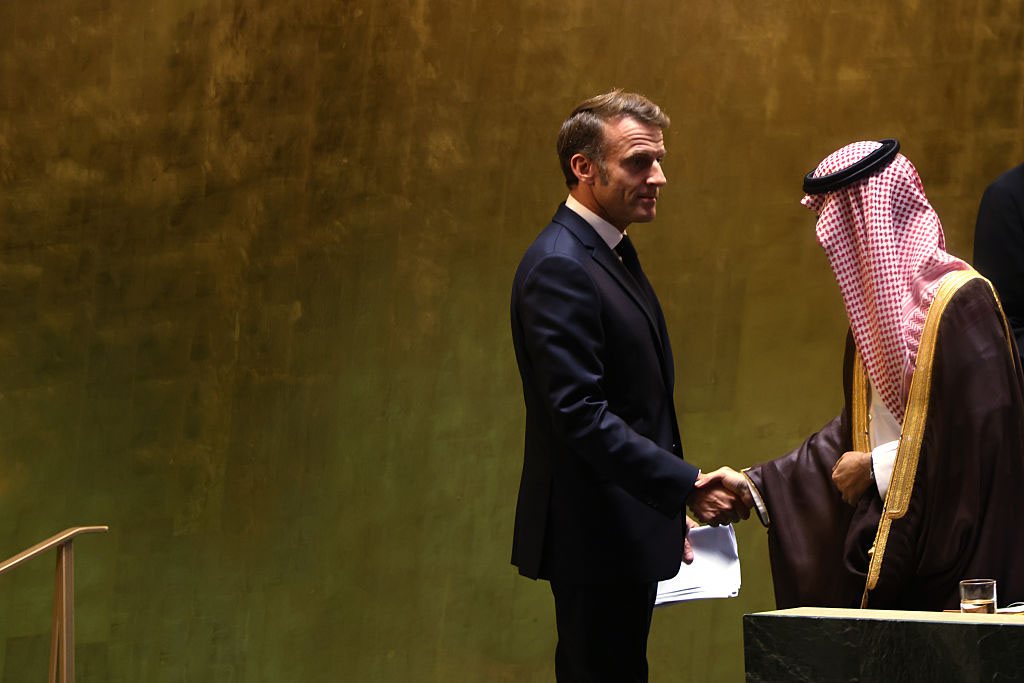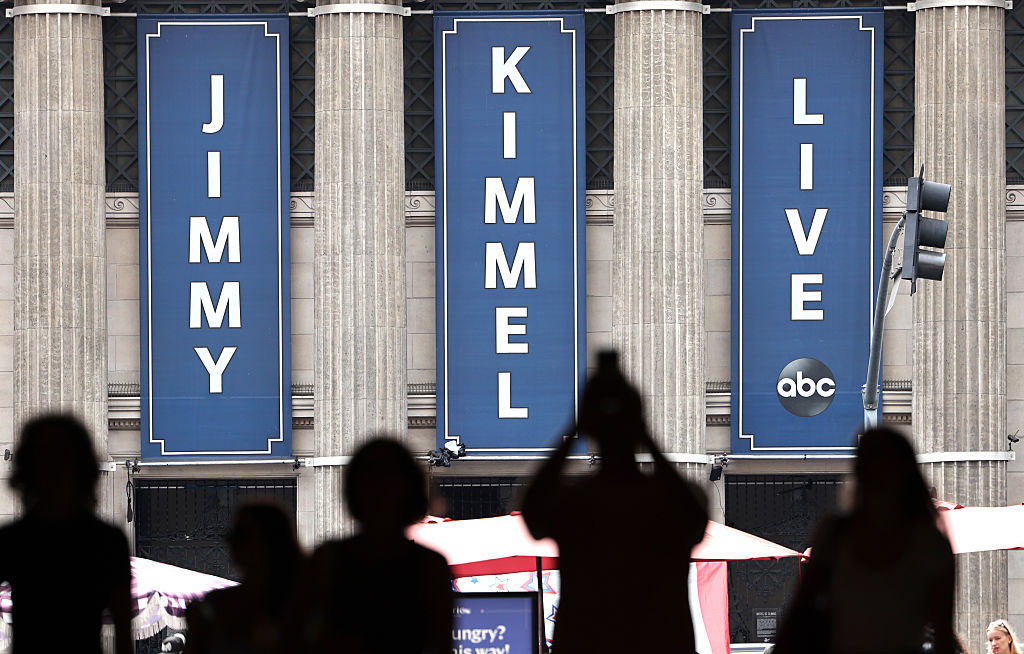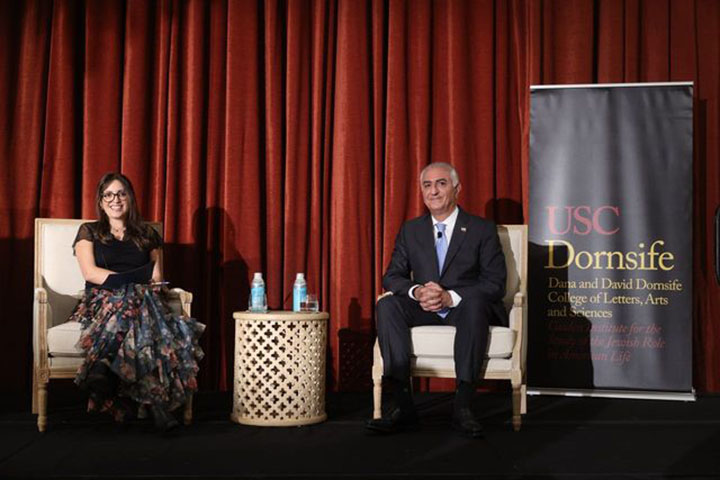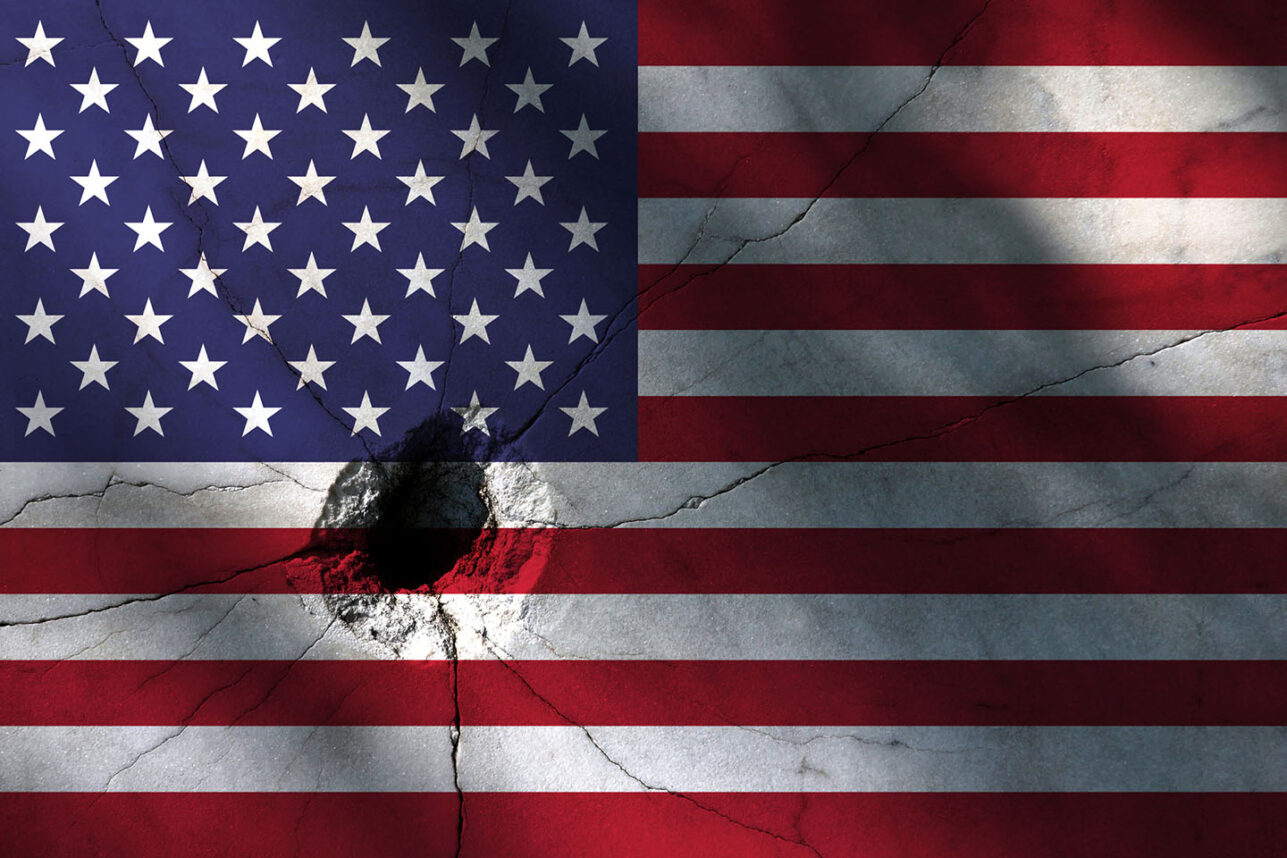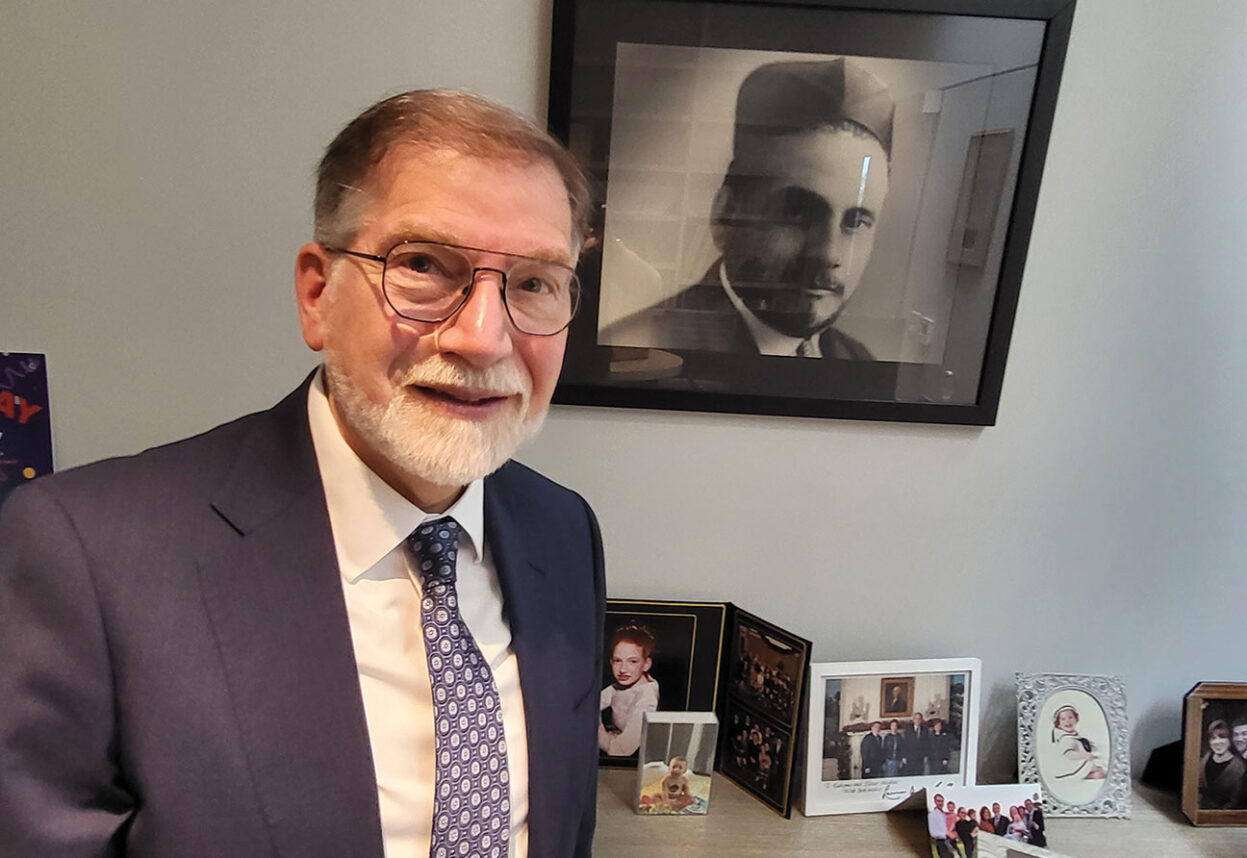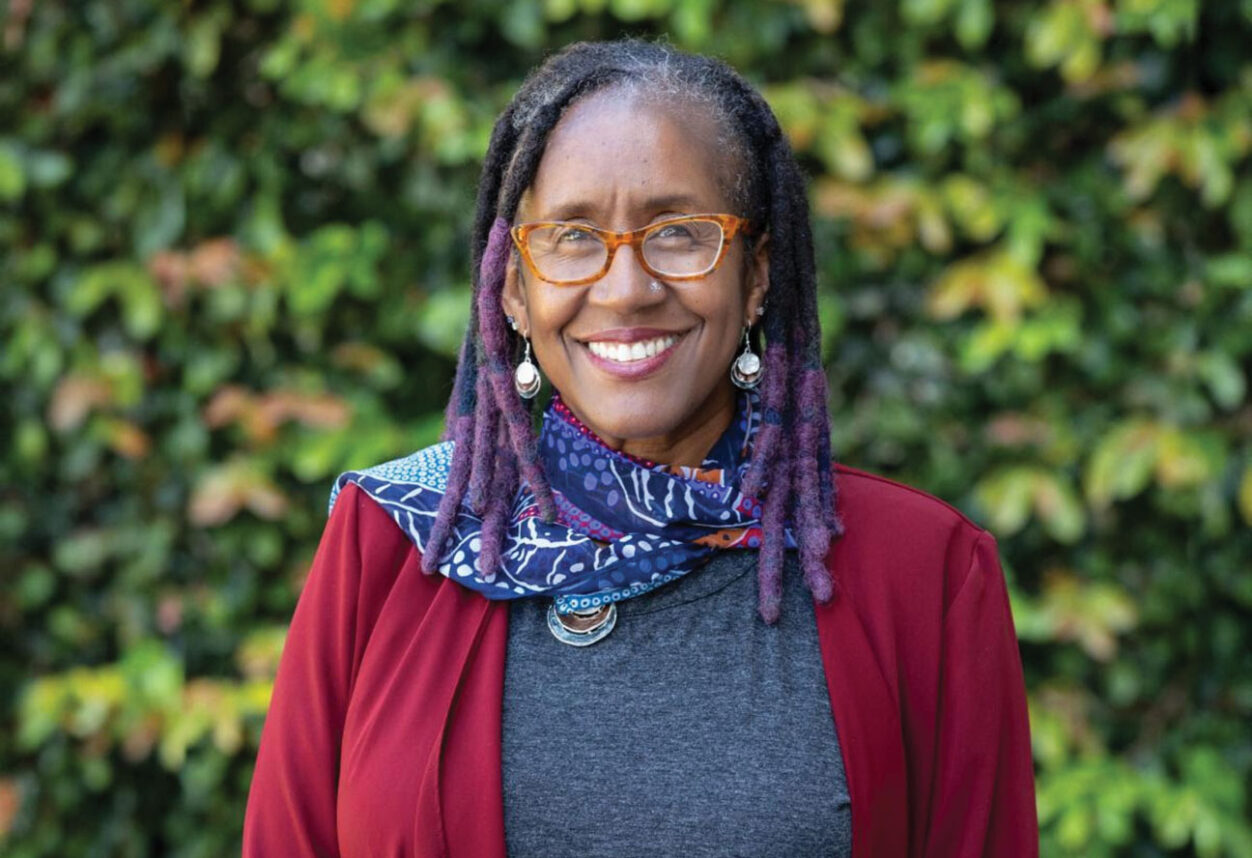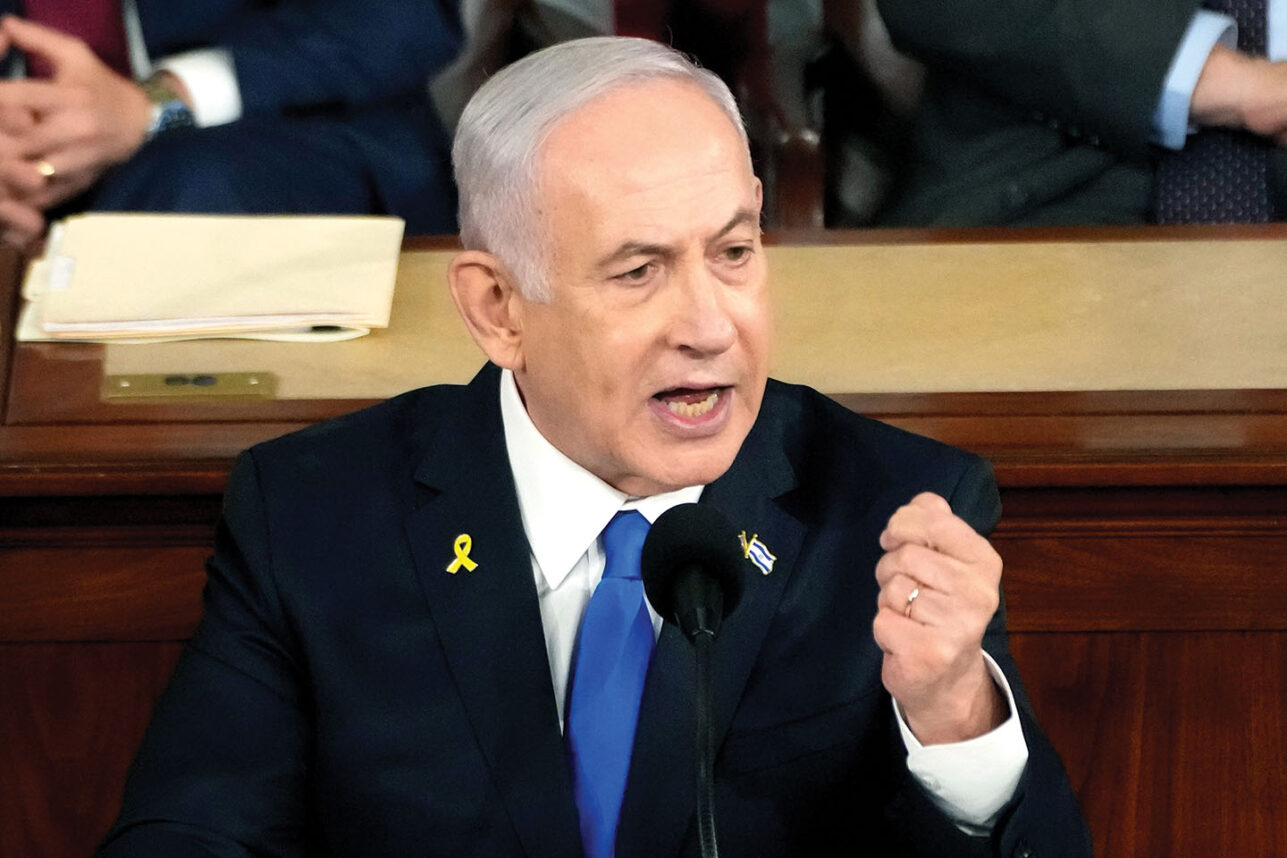1.
On the 12th of April 1954, Israel's Foreign Minister, Moshe Sharett, held a conversation with some of Israel's representatives abroad. Sharett was Israel's first Foreign Minister and its second Prime Minister, and he was rather dovish compared to many of his colleagues. His summary from that discussion, from April 30, was found and sent to me by Adi Schwartz, a writer and editor who is currently investigating the early stages of Israel's public diplomacy. The background, he explained, is a complaint presented to Sharett by Israel's ambassadors. Israel's policies, they said, its inclination to attack neighbor Arab strongholds, makes it difficult for them to do their jobs. They wanted Israel to be more considerate of foreign views and sensitivities as it ponders military action.
Sharett's answer to these ambassadors is fascinating in its relevancy for today. “You want to be more considerate of New York Jews and the superpowers' state of mind”, he lectured his subordinates, “be considerate of the Israeli population's state of mind”. If we take into account what people are saying in “London, Washington, and New York, we first have to take into account” what Israelis whom we send to live near the border say.
Israelis who currently live near the border, in the Gaza area, have plenty to say these days. Early this week they gave a piece of their mind to the Chief of the Southern Command. Just after the start of the initial 72-hour cease fire last week, the Israel Defense Forces encouraged residents of communities near the Southern border who had left during the war to return to their homes. They did – and then quickly discovered that the belief in the advent of calm had been too hasty. The head of the Southern Command had to admit that a mistake had been made – that the war is not over until someone in Cairo sings. As I am writing this article, talks are again in process, and another 72 hour cease fire is in place. What happens next? One thing is certain: The government isn't going to make the same mistake and prematurely call people to go back home. And like Sharett, it is going to remember that the views of the residents that need protection are no less important that the views of mediators and diplomats.
2.
The less shooting there was around Gaza, the more noise there was in Jerusalem. Foreign Minister Avigdor Lieberman proposed in a Knesset meeting to give the UN a more active role in ruling Gaza and expressed his opposition to giving such an active role to Palestinian President Mahmoud Abbas. Justice Minister Tzipi Livni wants the exact opposite: to give Abbas a more active role and revive the hope for a peace process. The problem for Netanyahu, as his emissaries were sent to Cairo to handle negotiations, was twofold – or maybe threefold: How to keep the political arena quiet, how to reach an agreement for a more prolonged cease fire, and how to accomplish the latter in ways that will be compatible with finding a more stable long-term solution for the Gaza problem.
One issue on which there is a lot of talk but no agreement is whether the war made enough of an impression for it to be the engine for gradual change in Gaza.
Thinking about the views of Israeli officials and ministers, it is customary for observers to separate the “doves” from the “hawks”, those who want to “eliminate” Hamas rule and those who seek to use the pretext of the Gaza war to reignite the peace process and negotiations between Israel and the Palestinian Authority. Surely, this is one possible way to understand the positions of Israeli leaders, but another possibility is to divide them not by their position vis-à-vis Hamas and the peace process but rather by their level of expectation of change. There are the optimists – those who believe that Israel has the power to bring about real change, whether by toppling Hamas or by strengthening Palestinian Authority leader Mahmud Abbas. And there are the pessimists – those who think that there are no decisive winners and losers in this war, that the best Israel can hope for is a time out in a long battle.










